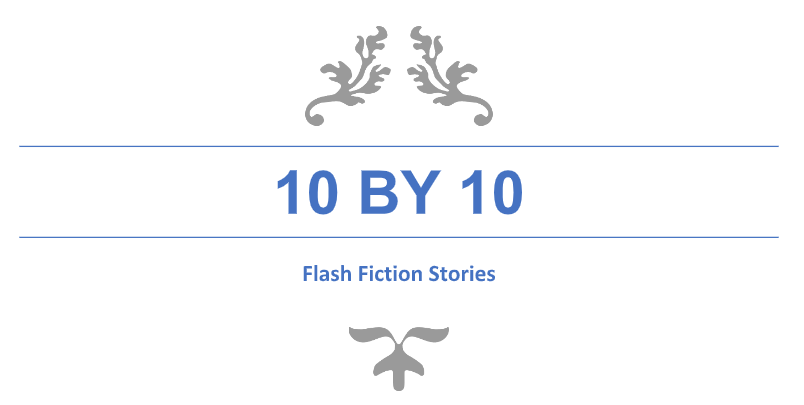by Sudha Balagopal
Appa’s in the ICU. In the waiting area, I’ve been on page five of my book for the past half hour. My impatient daughter, Ela, paces.
Last night, to celebrate my birthday, we went to dinner at Mekong―a restaurant offering gooey noodles and hot chili sauce. Appa demurred at first, said he must see a gastroenterologist right away. He complained that his pants wouldn’t button over his distended belly, that his swollen legs meant he must shuffle-struggle to walk. He changed his mind. For me.
Ela studies the framed sign on the Hyderabad hospital’s wall, right above the radiology department. The lettering shouts: “Ultrasound for medical purposes only. Sex determination and sex selection is banned.” She takes a picture with her phone, types some words. I imagine the picture acquiring velocity, speeding, spreading through her social network back home in the United States. She’s likely receiving round-eyed, open-mouthed emojis.
When the attendant waves to us, I let Ela go in to see her grandfather first. She returns a few minutes later. “He looks better. He’s even smiling.” I want to clutch at her statement, hold fast.”
This morning, when I brought Appa to the hospital for a scan, his heartbeats skidded out of control. He told the tech at the lab he could hear his heart hammering in his ears. The male tech let me sink into bewildered fear while he called for a gurney and wheeled Appa away.
I called my sister. “This was supposed to be a regular scan.” She instructed me to speak up; if I didn’t demand information I would not receive it.
We grew up in a household of daughters in a culture where a boy child is longed for, prayed for.
The surly attendant at the door of the ICU now gestures to me and I hurry. He asks me to remove my footwear―everyone must, to avoid tracking in infection. I follow him, my feet bare on the cool, sanitized tiles, into the ICU, where my father lies on his back, strapped to so many wires.
Appa’s tired eyes light up when he sees me. I put my hands on his, tighten my hold. His mouth lifts in a smile, but his words are melancholy. “Why am I in hospital when you’re flying back to the US tonight? I don’t want to say goodbye from here.”
I make promises. “I’ll call often once I get home. We can do video calls.” A thought snarls, ties a knot of helplessness in my chest. Technology is only images and sound waves. Sometimes, treasured daughters must latch onto hope. “You’ll be home soon.”
The brusque attendant returns, enunciates, “Your … time . . . is . . . up,” as if I am incapable of understanding rules.
On the way out, my daughter stops at the sign to take another photo. She tap-tap-taps on her phone—all the way to my parents’ place, all the way to the airport, all the way home.
